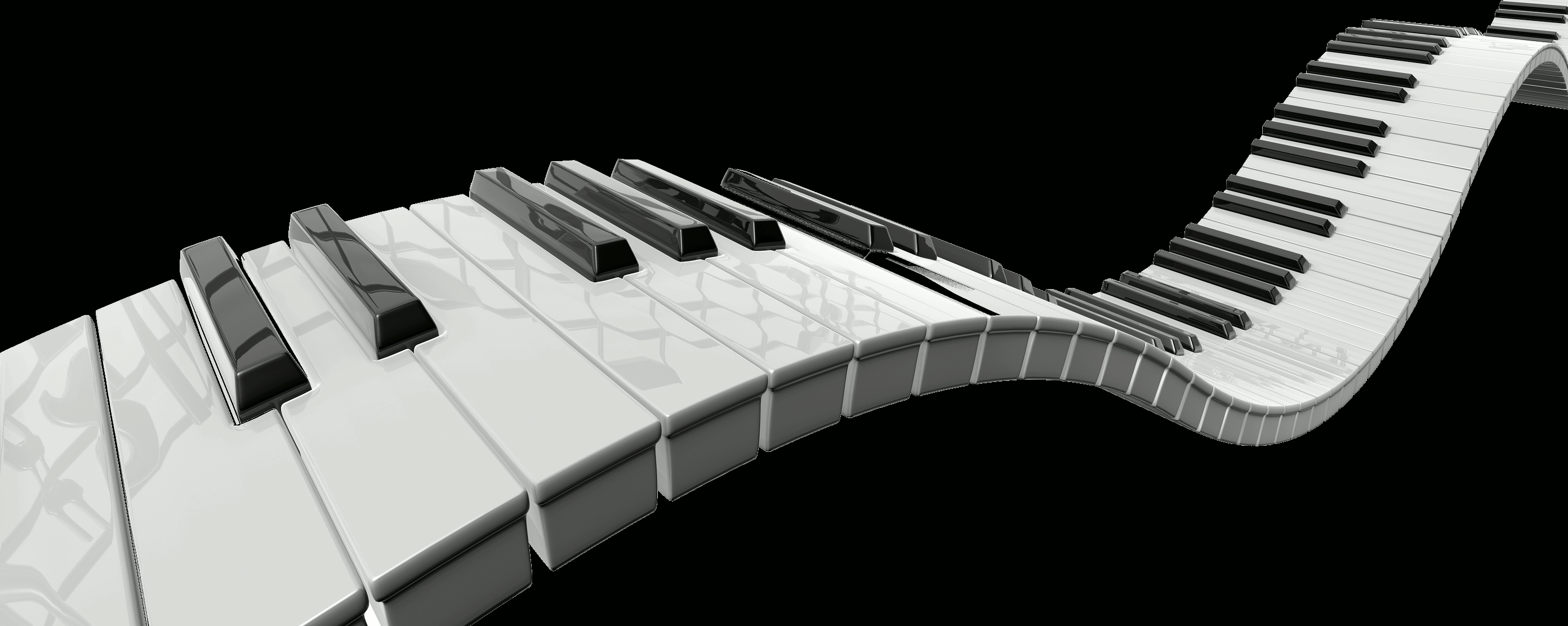Audience Angst!
If you're one of those people whose knees get weak at the very thought of getting up in front of a group of people and performing, believe me, you're not alone. It is one of the most common concerns I hear from singers and it affects millions. The more technically recognized term for this affliction is "performance anxiety" but, in entertainment circles, we tend to call it "stage fright".
Stage fright can make you feel like a deer in headlights, eliciting a primal fight or flight response - with flight being the more dominant feeling. That feeling of butterflies in your stomach is one of the milder symptoms of stage fright, but there can be a whole host of them. It's not uncommon to experience things like
dry mouth and tight throat
trembling hands, knees, lips and voice
sweaty and cold hands
nausea and an uneasy feeling in your stomach
vision changes
forgotten words or lyrics
So, what exactly IS stage fright? It can be defined as a state of nervousness about performing some action in front of a group of people, on or off stage; nerves; uncertainty and/or; a lack of self-assurance before an audience.
That's a pretty good definition, right? But what are the CAUSES of it? While there can indeed be many, the root problem is almost always uncertainty. You become uncertain of yourself, your skills, your material and your audience. You start to have internal conversations with yourself about whether or you're good enough or likable enough or dynamic enough to impress your listeners. In short, you're looking inward for all of the things that could possibly be or go wrong. That's enough to make any sane person run for the nearest exit!
Happily, this doesn't have to be a permanent condition and, with just a bit of determination, you can get out of your own way and take to the stage. First, you need to make a mental shift and realize a few things:
You're great at what you do (and you should tell yourself this as often as possible)! Positive reinforcement is key to create positive thinking.
Those people out there are there to see you. Think about that for a moment... if they didn't believe in and support you, they never would have bought that ticket.
Those same people want to BE you! When you go to a concert, you'll almost always see or hear people in the audience singing and dancing along with the stage artist. Whether they admit it or not, they secretly have the desire to be on the stage doing what you are.
Of course, one of the best ways to minimize stage fright is to be prepared. The more you practice, the more confident you'll feel about your material and your ability to skillfully produce it.
And, finally, a few helpful tips:
Limit sugar and/or caffeine before your performance. Stick with complex carbs, instead.
Use breathing techniques to help ground and center yourself.
Take a walk or jump up and down or scream or shake out your muscles... whatever you need to do to help you relax.
Focus less on being a performer and more on simply connecting with your audience.
Be personable.
Performing is not about you, it's about them. Make entertaining them your goal.
Stage fright won't simply disappear overnight but the more you work on eliminating it, the faster it will recede into nothingness.
For more information and helpful exercises on working through Stage Fright, check us out at www.cmacjmusicgroup.com .
Keep Singing!
CM Jones
Craig M. Jones is a professional singer, musician, songwriter and vocal educator with over 20 years' experience in the entertainment industry. He has performed locally and internationally, as both a singer and percussionist, with such notables as Orange Then Blue, Stan Getz and Walter Beasley. A member of The American Academy of Anti-Aging Medicine (A4M), he strives to blend his knowledge of health and wellness into a cohesive vocal technique to both develop and support all musical styles and genres.
*The A4M is a not-for-profit medical society dedicated to the advancement of technology to detect, prevent, and treat aging related disease and to promote research into methods to retard and optimize the human aging process. A4M is also dedicated to educating physicians, scientists, and members of the public on anti-aging issues.






















